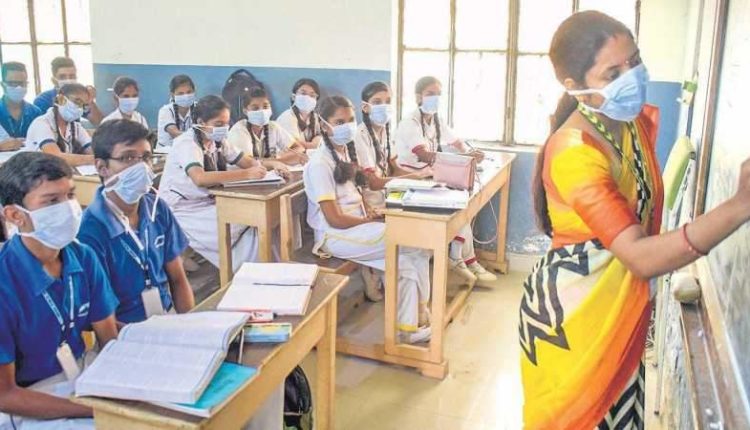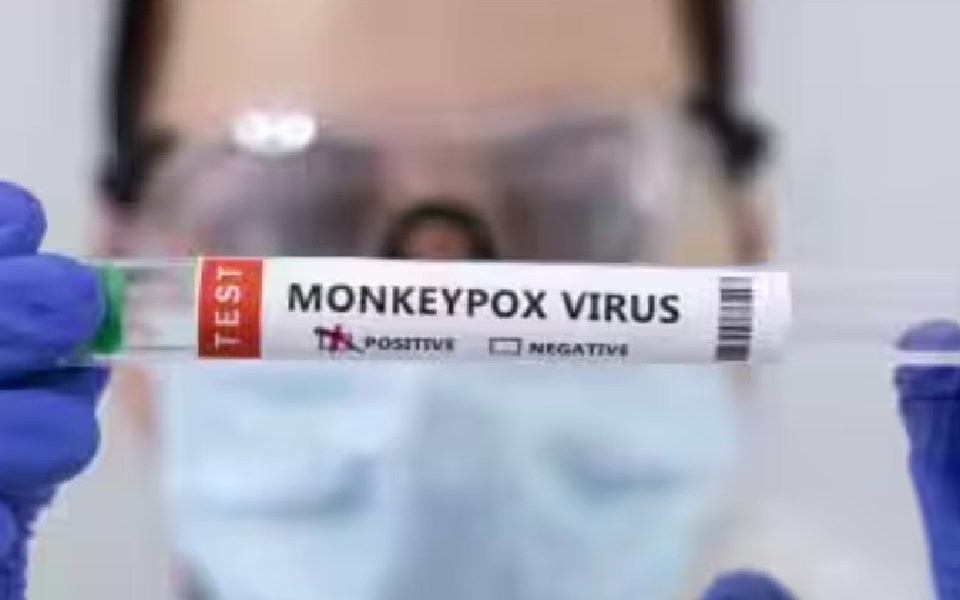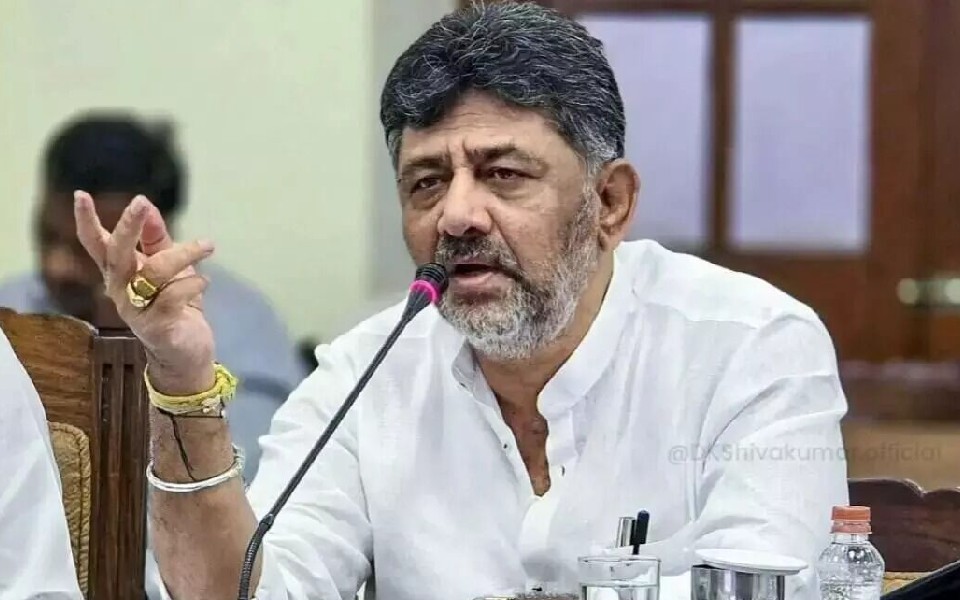New Delhi, Jun 1: Chapters on the Periodic Table, contribution of agriculture to the national economy, challenges to democracy and sustainable management of natural resources are among those dropped from Class 10 textbooks by the NCERT.
The changes were announced by the National Council for Education Research and Training (NCERT) last year as part of a "rationalisation" exercise based on expert recommendations. The new textbooks with these deletions and changes have now hit the market.
Even though the Class 10 Chemistry textbook drops the entire chapter that introduces students to the Periodic Table, it remains part of the syllabus for Class 11.
Emphasizing the importance of the topic, a text by American chemist Glenn T Seaborg cited in the Class 11 Chemistry textbook reads, "The Periodic Table is arguably the most important concept in chemistry, both in principle and in practice . An awareness of the Periodic Table is essential to anyone who wishes to disentangle the world and see how it is built up from the fundamental building blocks of chemistry, the chemical elements."
In a note on the changes in the textbooks, the NCERT last year said, "In view of the COVID-19 pandemic, it is imperative to reduce content load on students. The National Education Policy 2020, also emphasises reducing the content load and providing opportunities for experiential learning with creative mindset."
"In this background, NCERT has undertaken the exercise to rationalise the textbooks across all classes. Learning Outcomes already developed by the NCERT across classes have been taken into consideration in this exercise," it said.
Among other deletions made last year in the Class 10 Science textbook were passages on "Evolution".
Topics that have been struck off the Science textbooks include chapters on Fibre and Fabrics in Classes 6, 7 and 8.
One deletion that stands out is that of the "Why do we fall ill" chapter from the Class 9 Science textbook.
The factors cited by the NCERT behind the deletions included content which is "overlapping", "not relevant or outdated in the present context", "difficult", and "easily accessible to children and can be learned through self-learning or peer-learning".
Dropping several topics and portions from the NCERT textbooks last month triggered a controversy, with the Opposition blaming the Centre for "whitewashing with vengeance".
At the heart of the row was the fact that while the changes made as part of the rationalisation exercise were notified, some of these controversial deletions were not mentioned. This led to allegations about a bid to delete these portions surreptitiously.
The NCERT had described the omissions as a possible oversight but refused to undo the deletions, saying they were based on the recommendations of experts. It also said the textbooks are anyway headed for revision in 2024 when the National Curriculum Framework kicks in.
However, the NCERT later changed its stand and said "minor changes need not be notified".
Among the references dropped from the Class 12 History textbook were certain portions on Mahatma Gandhi and how his pursuit of Hindu-Muslim unity "provoked Hindu extremists", and on a ban on the RSS.
"Gandhiji's death had magical effect on communal situation in the country", "Gandhi's pursuit of Hindu-Muslim unity provoked Hindu extremists", and "Organisations like RSS were banned for some time" are among the portions deleted.
The portions referring to the Gujarat riots were also dropped from the Class 11 Sociology textbook, months after the NCERT removed the reference to the 2022 communal violence in two Class 12 textbooks.
Let the Truth be known. If you read VB and like VB, please be a VB Supporter and Help us deliver the Truth to one and all.
Chennai, Nov 2: A 27-year-old native of Thiruvarur district, who had arrived from Sharjah, has tested negative for monkey pox, Health Minister Ma Subramanian said here on Saturday.
Test results from both the King Institute of Preventive Medicine and Research here and the Pune-based National Institute of Virology have show negative for Mpox virus, the minister said.
Subramanian had earlier in the day told reporters that result was awaited for the sample that had been dispatched to the NIV while test result from King Institute ruled out monkey pox.
On October 31, upon his arrival at Tiruchirappalli airport from the UAE, during screening, the young man displayed fever symptoms and small skin lesions. Hence, he was taken to a government hospital.
Subramanian said the returnee had been frightened and hence left for his hometown of Valangaiman in Thiruvarur district. "This treatment is for his good and in order to prevent the spread of infection," the minister said.
Hence, he was brought back to the hospital by the authorities with police help and he has been receiving good treatment at the state-run facility. Further, Subramanian said that the test result from the government-run King Institute indicated Chickenpox and marked negative for presence of Mpox.
Screening at airports for passengers arriving from foreign countries is going on continuously in the state and international airports have dedicated isolated rooms.
Special wards are ready in government medical college hospitals, including those in Chennai and Tiruchirappalli, to provide treatment for Mpox, in case anyone tests positive for the infection, the minister added.





